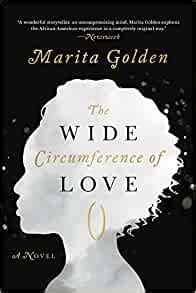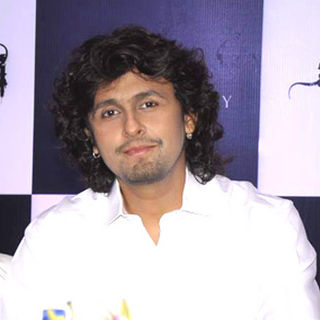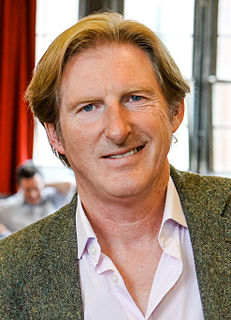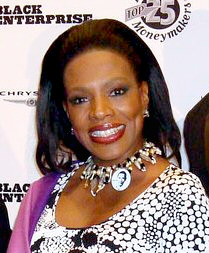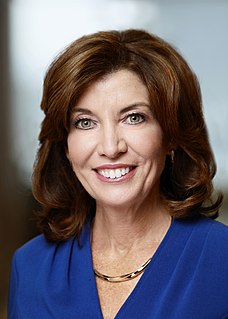A Quote by Sean Hepburn Ferrer
My mother often used to speak about her time during the war and during the famous hunger winter in Holland - in the latter part of the war there was no heating and very little food and so her mother used to say, 'You stay in bed most of the day to preserve your calories.'
Related Quotes
When Eve was brought unto Adam, he became filled with the Holy Spirit, and gave her the most sanctified, the most glorious of appellations. He called, her Eva--that is to say, the Mother of All. He did not style her wife, but simply mother--mother of all living creatures. In this consists the glory and the most precious ornament of woman.
Part a of scene from 'Bitterblue' between Madlen (Bitterblue's medicine woman) and Bitterblue: Madlen came to sit beside her [Bitterblue] on the bed. "Lady Queen," she said with her own particular brand of rough gentleness. "It is not the job of the child to protect her mother. It's the mother's job to protect the child. By allowing your mother to protect you, you gave her a gift. Do you understand me?
Ultimately I think I learned a lot from my mother - the way she used fashion to make herself feel better; it was a tool she had and she used it very well. Fashion for her wasn't so far as an escape, but certainly a time where she would sit on her own and prepare what she wanted to wear the next day - it turned into bit of a ritual.
My great grandfather used to say to his wife, my great-grandmother, who in turn told her daughter, my grandmother, who repeated it to her daughter, my mother, who used to remind her daughter, my own sister, that to talk well and eloquently was a very great art, but that an equally great one was to know the right moment to stop.
You got used to running things on your own." "What could he do about it when he's in Iraq and the car breaks down in Kansas?" Beckett gave her a long, quiet look. "I'm not in Iraq." "No, and it has to be said, I'm not in Kansas anymore." She lifted her hands, then let them fall. "It's not that I've forgotten how to be a couple, but that my experience in being part of one is different from yours. Maybe from most people's. And I've been on my own a long time." "Now you're not. I'm not fighting a war, and I'm right here." Needed to be here, he realized, with her.
My mother was the kind of person who was very much part of her tribe and very much a satellite of her tribe. She was the girl who left her family at the age of 17 and went to Washington. My mother was orphaned at three and then was brought up by my aunt Goldie. So, yes she belonged, but there was a part of her that didn't.
My mother saw her mother... her father walked out when they were very young and it was a lot of, I'd say more verbal abuse than physical, but it was the same. And my mother, back in the 70s, became an advocate for victims of domestic violence way before anybody in the Legislature was talking about it.


